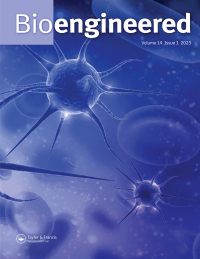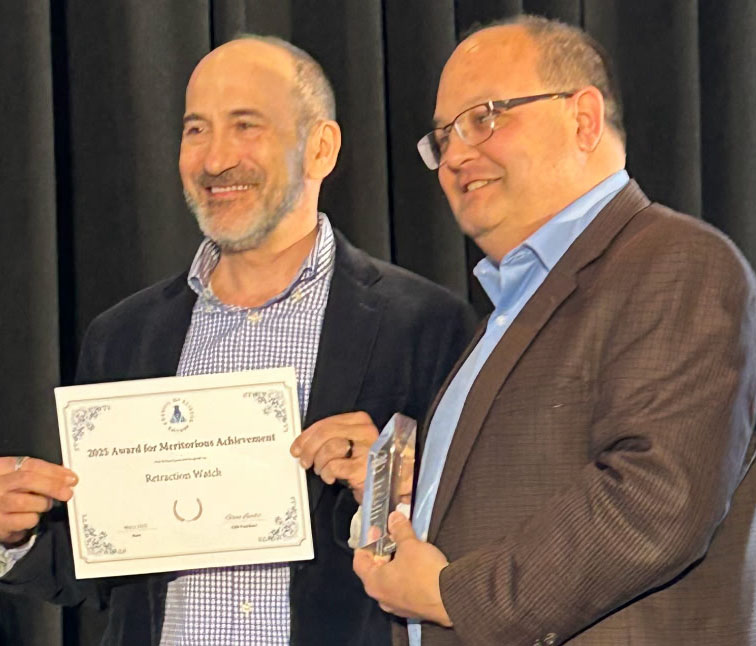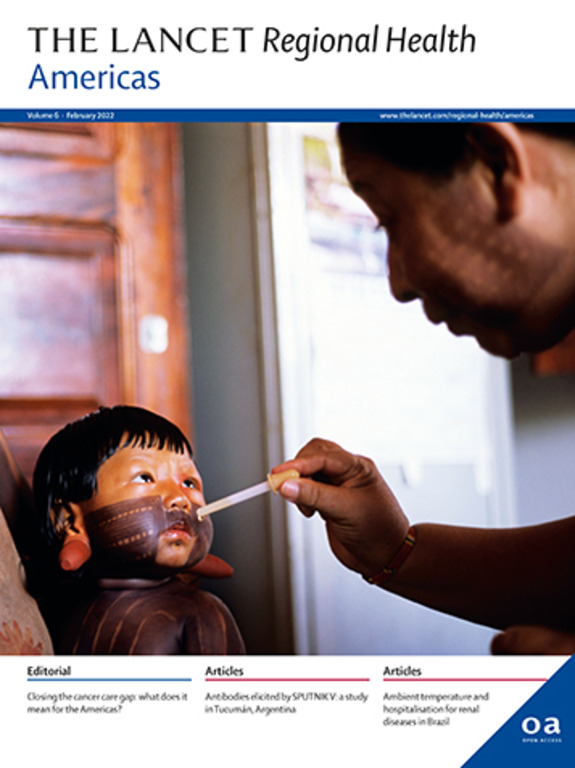Bioengineered has lost its spot in Clarivate’s Web of Science index, as of its April update. The journal has been working to overcome a flood of paper mill activity, but sleuths have questioned why hundreds of papers with potentially manipulated images have still not been retracted.
A spokesperson for Taylor & Francis, which publishes the journal, said it has taken action against the paper mill; the journal has retracted 86 papers since January 2022. They are “disappointed” at the delisting decision, the spokesperson said. The journal now faces up to a two-year embargo before it can rejoin the citation index.
Bioengineered publishes bioengineering and biotechnology research. In 2021, journal editors launched an investigation when submissions spiked and several authors of submitted and accepted articles asked for authorship changes – both hallmarks of paper mill activity.
Continue reading Web of Science delists bioengineering journal in wake of paper mill cleanup








